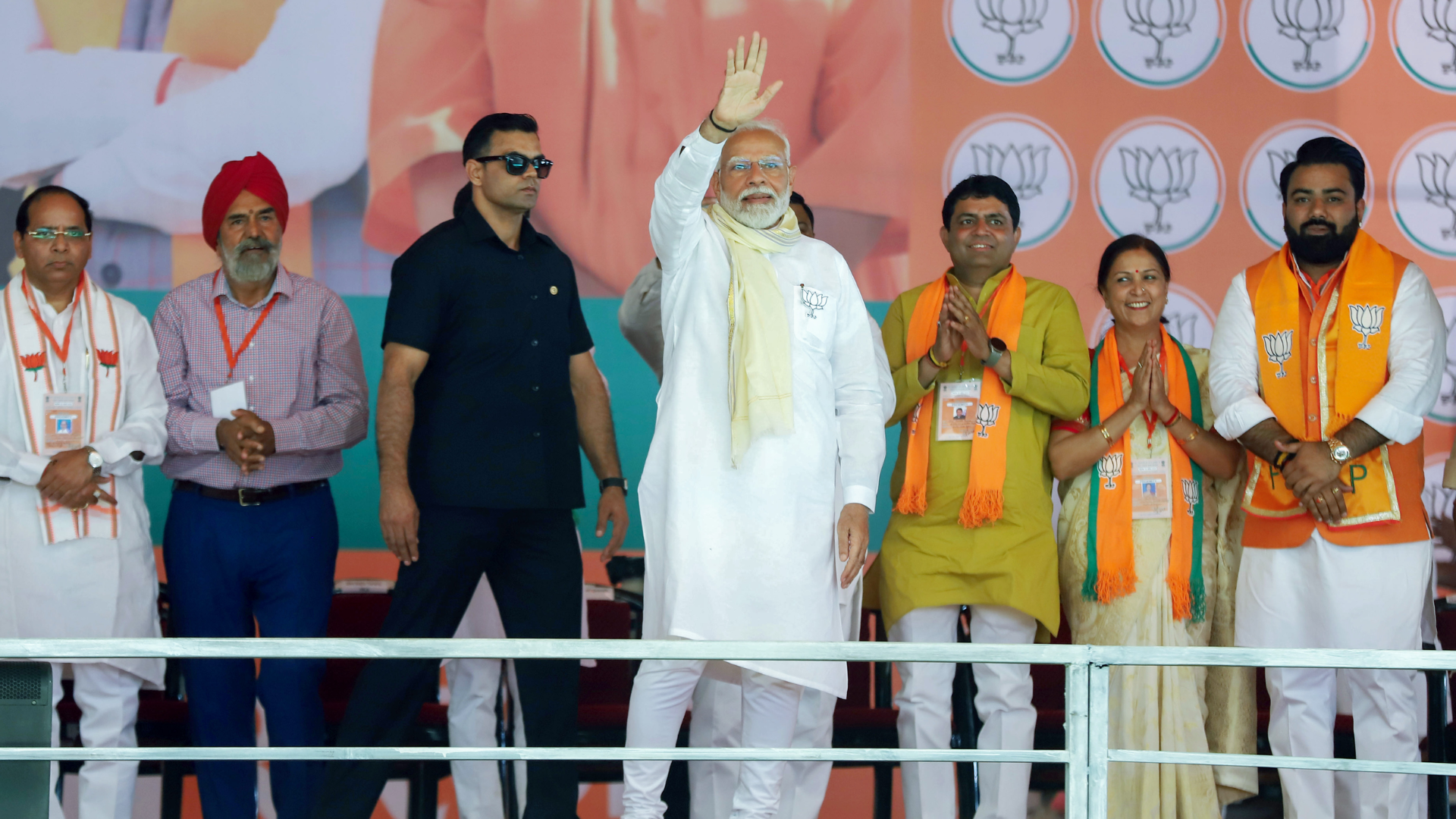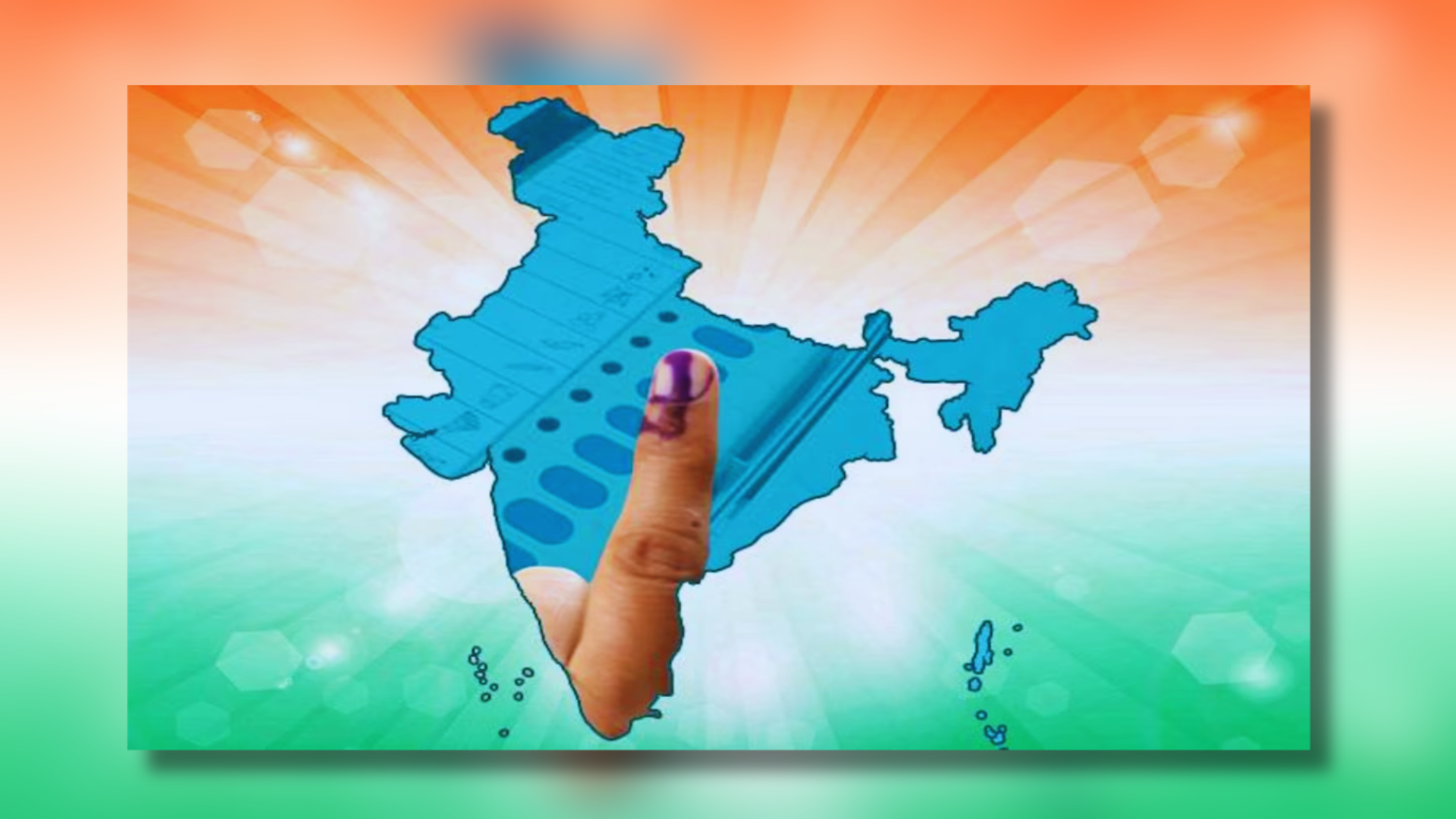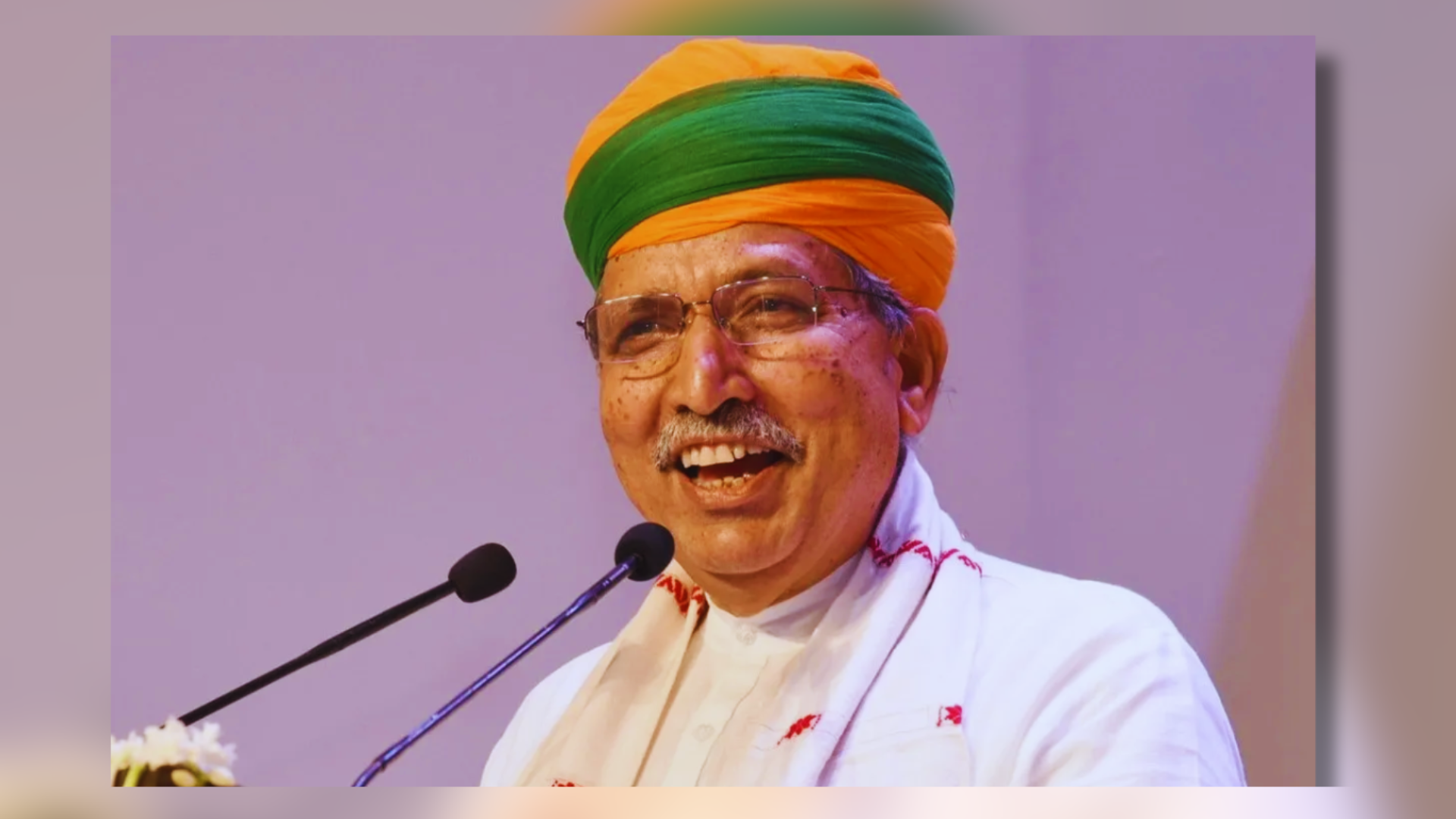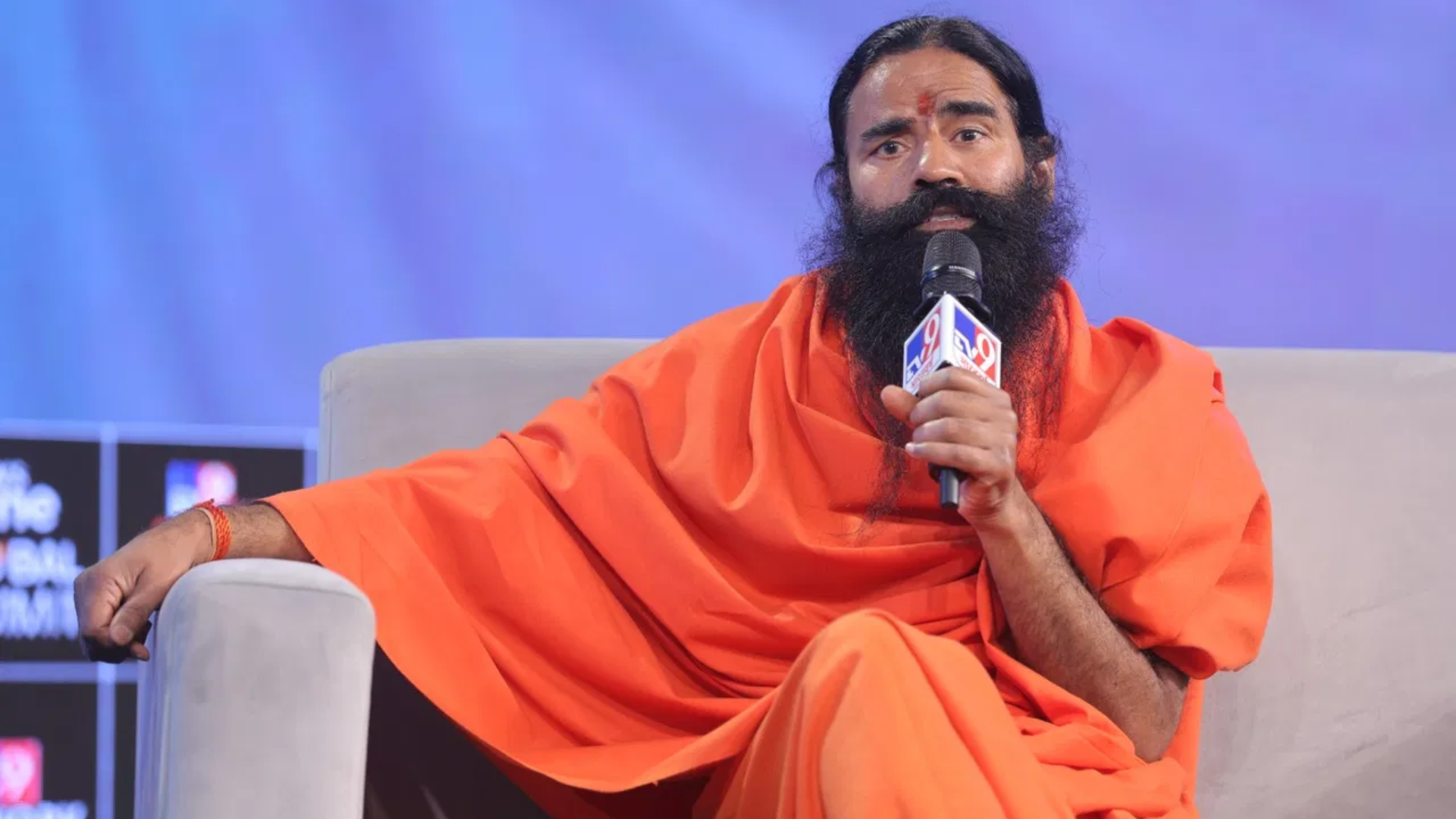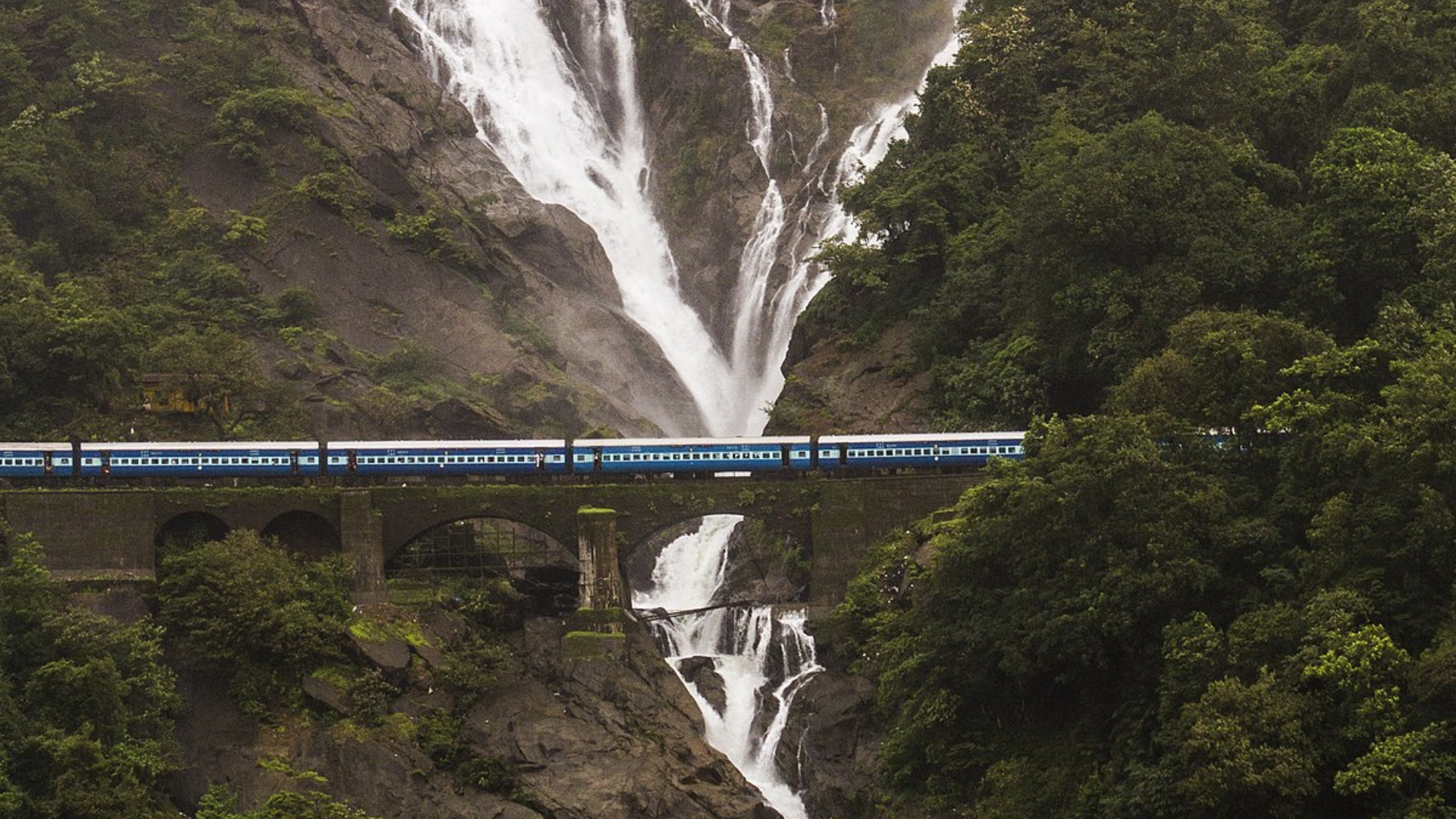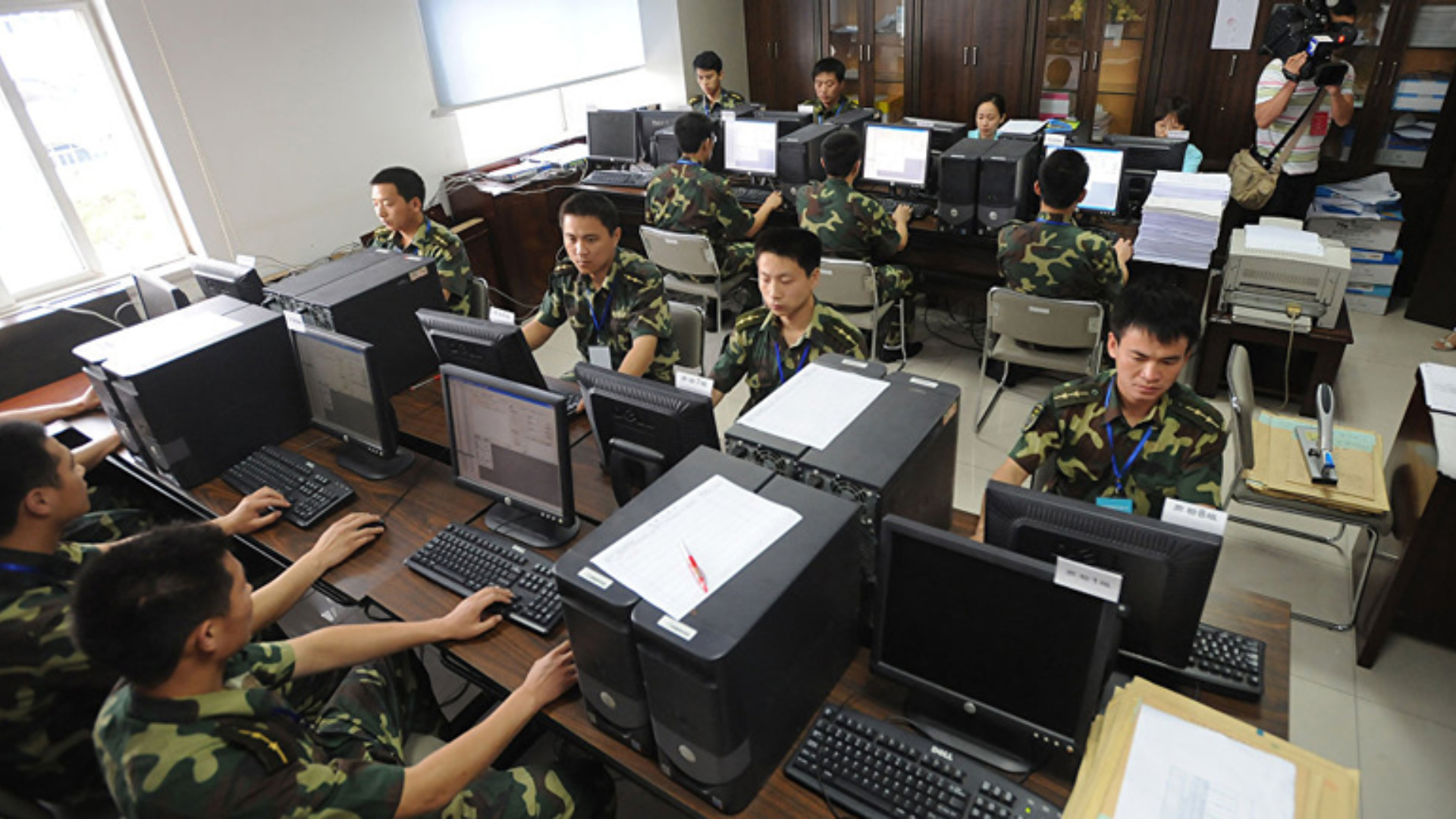



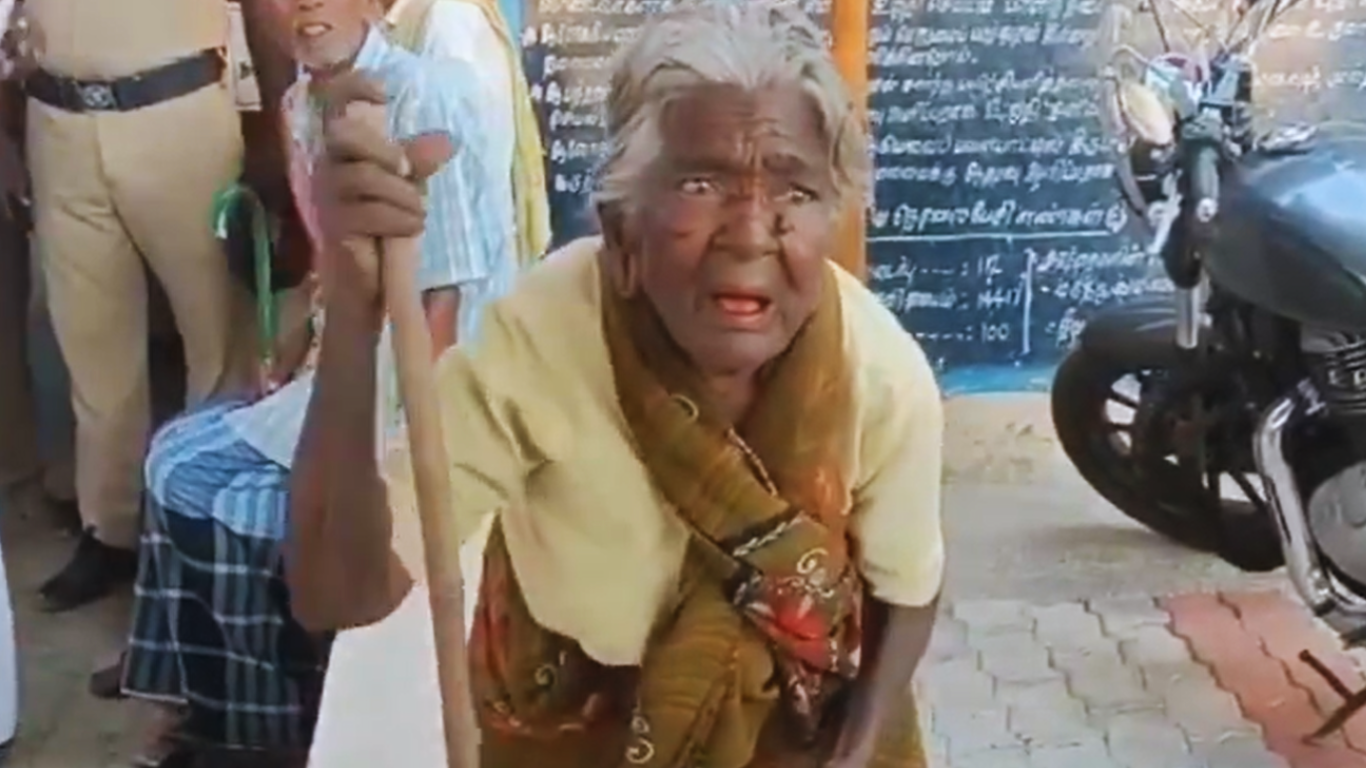
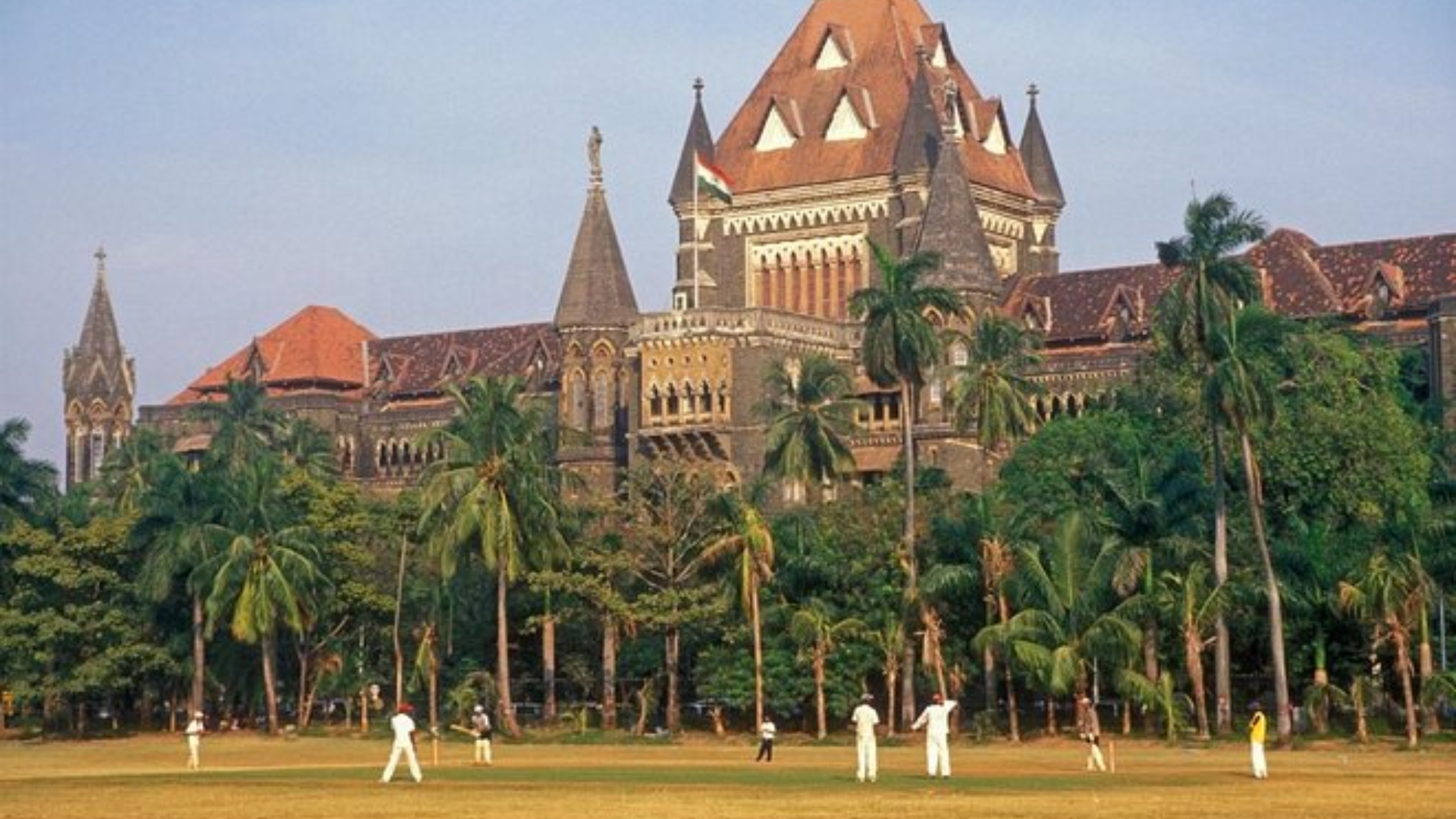


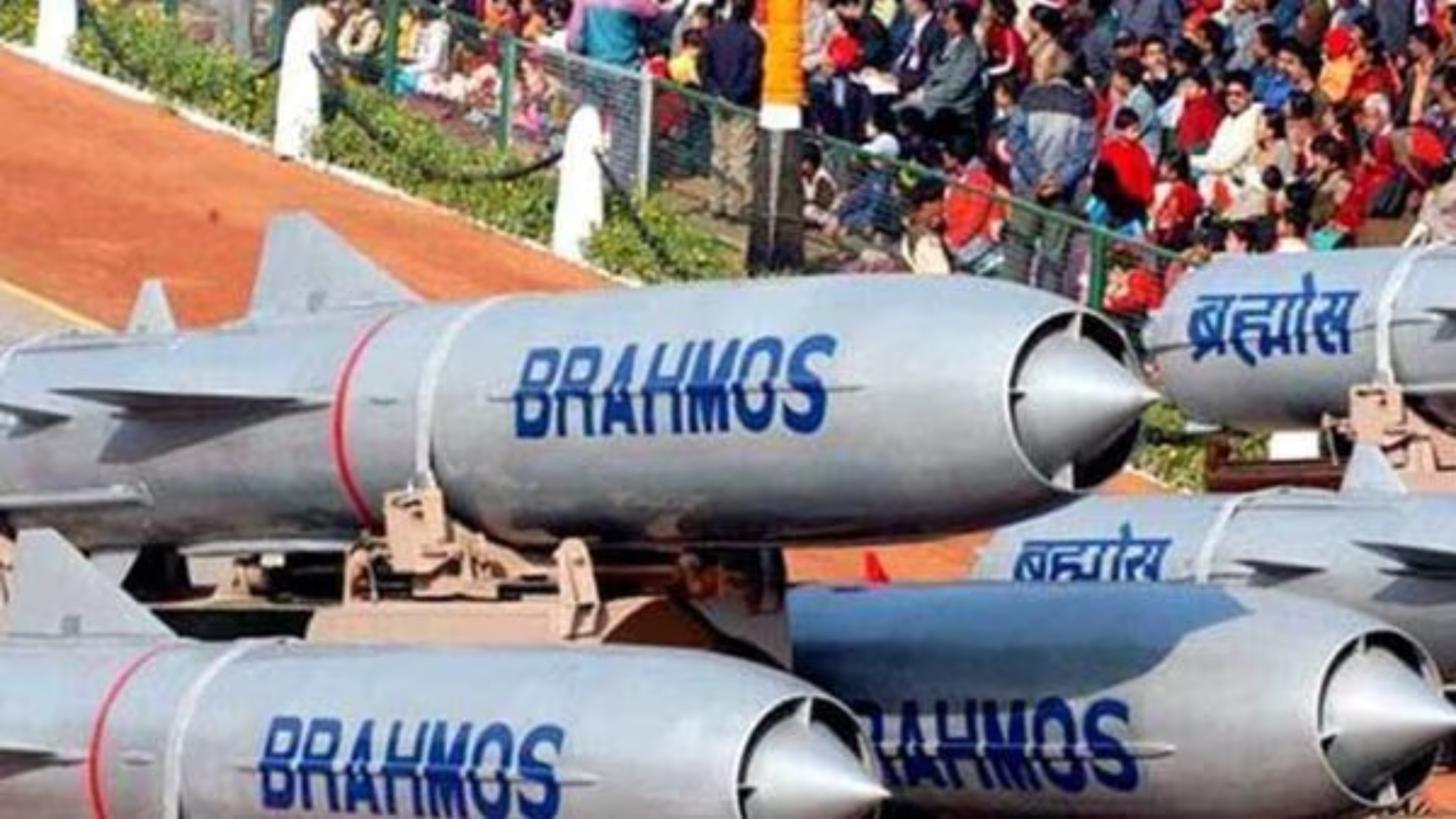
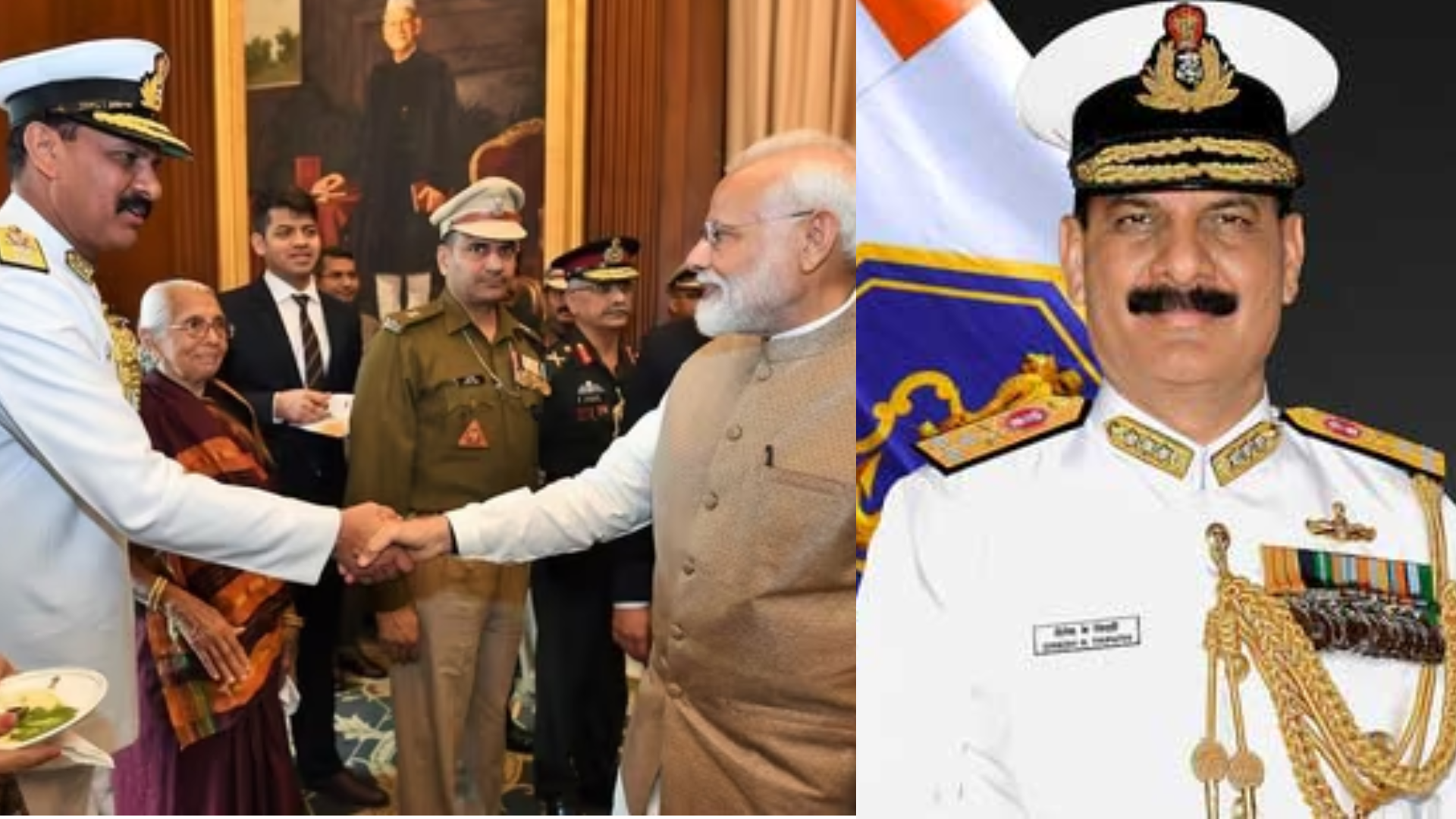
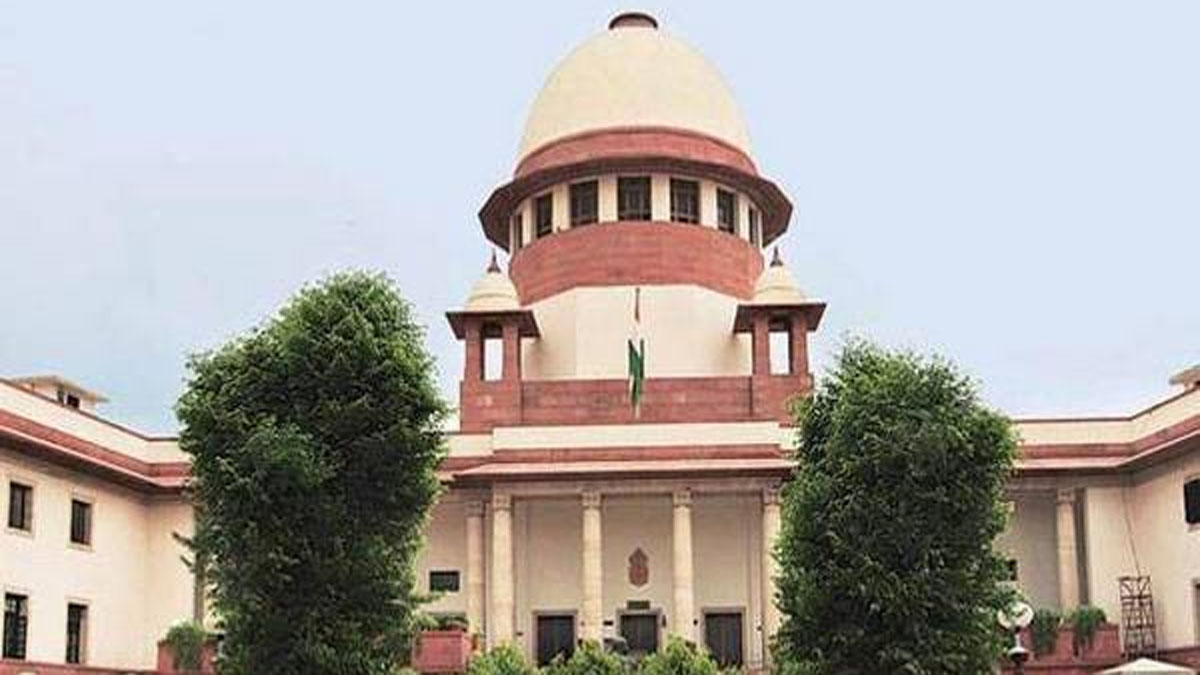
Supreme Court verdict on Kashmir: The Supreme Court of India, while delivering verdict on a number of petitions challenging the restrictions and internet blockade imposed in Jammu and Kashmir after the abrogation of Article 370, said freedom of Internet access is a fundamental right under Article 19(1)(a) of free speech which is an essential tool in a democratic setup. Trade and commerce through the internet are protected under Article 19(1)(g) – fundamental right to conduct trade and commerce, the top court said.
A Supreme Court bench comprising Justices NV Ramanna, BR Gavai, and Surya Kant also criticized the repeated abuse of Section 144 and said it can’t be used as a tool to oppress difference of opinion. The court stated that there needs to be an emergency for imposing such provisions. The SC bench also said that the reasons must be given before imposing Section 144 and magistrate should balance the rights of an individual with state interest while such orders are issued.
The Supreme Court passed a series of orders to direct the government to review its vital decisions on Jammu and Kashmir. The bench said that the internet can be shut down under exceptional circumstances but the right to access the internet is constitutionally protected.
Directing the Jammu Kashmir government and the Centre to review all restrictive orders within a week, the SC said Kashmir has seen a lot of violence but the government should try its best to balance the human rights and freedoms with the issue of security. The top court said internet services are intrinsic to the right to free speech and cannot be suspended without providing reason and duration thereof.
In order to control the unrest among the public after the abrogation of Article 370 last year, the Narendra Modi-led NDA government at the Centre had suspended internet services in Kashmir on August 5, 2019, and more than 150 days of internet blockade brought normal life to a grinding halt there. The ongoing internet blockade adversely impacted the lives of students, traders, cab services, food chain network etc.
Speaking on the SC order, advocate Sadan Farasat said the apex court said that indefinite internet ban by the state is not permissible under the Constitution of the country and it is an abuse of power. The CPI (M) Politburo said the Supreme Court’s judgement on the restrictions in Jammu and Kashmir belie the false claims of normalcy peddled by the central government.
Justice N V Ramana’s verdict on Kashmir started with a quote from Charles Dickens’ famous classic A Tale of Two Cities – It was the best of times, it was the worst of times, it was the age of wisdom, it was the age of foolishness.
India tops the chart of internet shutdowns in the world. The Software Freedom Law Centre said the country has witnessed 373 internet shutdowns since January 2012 while 180 of the 373 internet shutdowns have been reported from Kashmir.
On the other hand, the government argued to the fact that the step was taken to maintain peace as the separatists funded by Pakistan would try to instigate the public on the issue.

